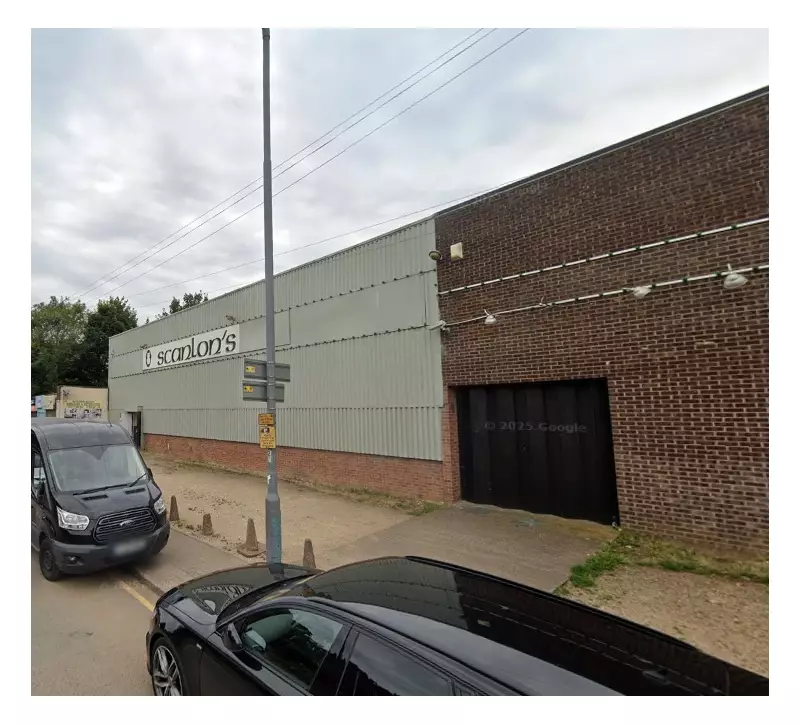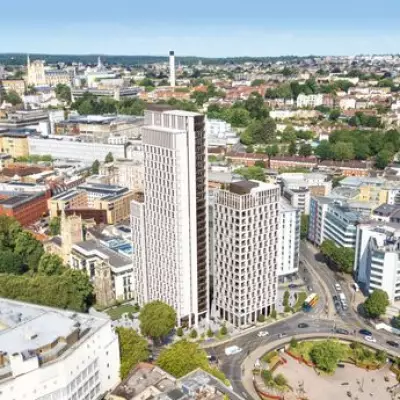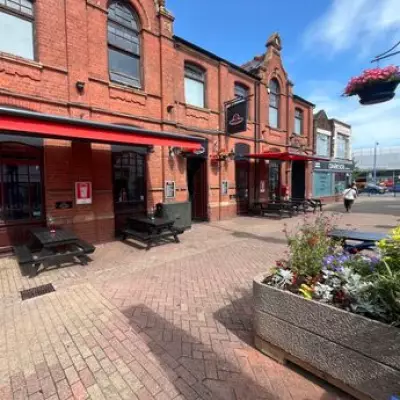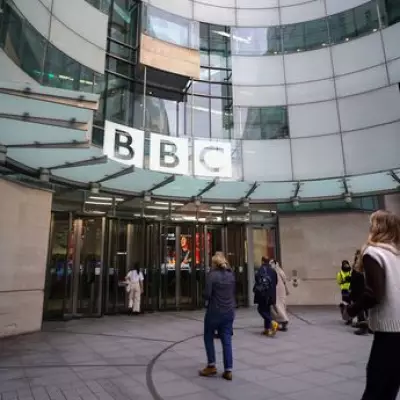
Birmingham planners have given the green light to a controversial new mosque development in Acocks Green, despite strong objections from local residents concerned about parking chaos and traffic disruption.
The planning committee approved the application to replace the existing Jamia Masjid Muhammadi mosque on Shirley Road with a larger, purpose-built facility that will accommodate up to 250 worshippers. The decision comes after months of deliberation and significant local opposition.
Resident Fears Over Parking Mayhem
Local residents had voiced serious concerns about the potential impact on their neighbourhood, with parking availability emerging as the primary worry. Many argued that the residential streets surrounding the proposed mosque already suffer from limited parking spaces and cannot absorb the additional vehicles from congregational prayers.
"We're not opposed to having a mosque in our community," one resident explained during the consultation process, "but the parking situation here is already critical. Friday prayers and religious festivals will create absolute gridlock."
Council's Balancing Act
Birmingham City Council faced the challenging task of balancing religious freedom and community growth against legitimate resident concerns. Planning officers acknowledged the parking issues but concluded that the development met planning requirements.
The approved plans include some on-site parking provision, though residents maintain this falls short of what's needed to prevent disruption to the local area. Council transport planners conducted traffic assessments that informed the final decision.
What the New Mosque Will Include
The purpose-built facility will feature:
- Main prayer hall for congregational worship
- Community education spaces
- Improved facilities for all users
- Enhanced architectural presence on Shirley Road
- Limited on-site parking provision
The development represents a significant upgrade from the current arrangements and will serve the growing Muslim community in Acocks Green and surrounding areas.
Looking Forward
While the planning battle has concluded, the implementation phase now begins. Local community leaders have expressed hope that mosque management will work closely with residents to minimise disruption and build positive neighbourly relations.
The case highlights the ongoing challenge facing many UK cities: accommodating religious and community growth while preserving residential quality of life in increasingly congested urban areas.





